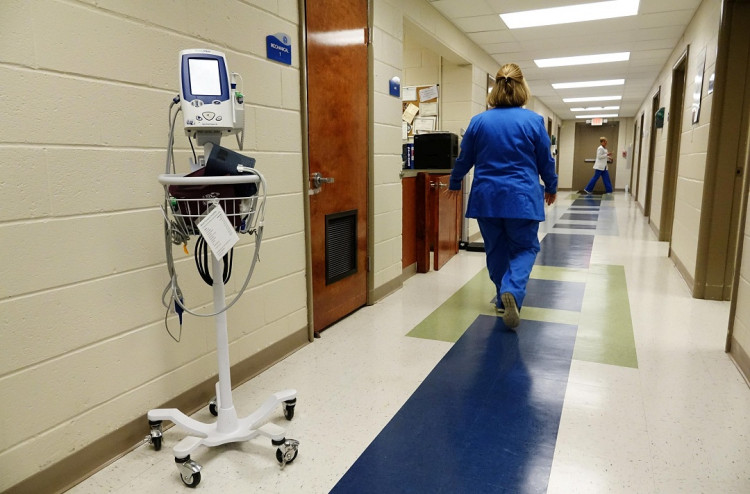North Californian non-for-profit health firm Sutter Health has agreed to pay $575 million to settle claims by the California state attorney general, employers, and worker unions that it participated in anti-competitive behavior. The operator of one of the largest hospital systems in the state has also agreed to a prohibition of its engagement in several practices that it had used to gain an unfair advantage over competitors.
The settlement to be paid by the institution, which operates hospitals and other health care facilities in more than 100 Californian cities and towns will go towards compensating employers, unions, employees, the state, and federal agencies.
The practices it will be barred from conducting will include the so-called "all or nothing" agreements it allegedly forced on insurers. Under the forced agreement, insurers were required to include all of Sutter's medical facilities and not only selected hospitals or clinics. Sutter also allegedly required insurers to limit what they can charge patients for out-of-network services.
California Attorney General Xavier Becerra mentioned during a news conference on Friday last week that the health care marketplace has to remain competitive and vibrant. Sutter's practices prevented that from happening in its efforts to dominate the market. Becerra also pointed out that the settlement is the first of its kind in California and is one of the largest crackdowns on anti-competitive conduct in the US health care industry.
A group of unions and employers called the UFCW & Employer Benefit, which had also filed the suit against Sutter, mentioned in a stated that its main goal had always been to ensure justice for all health care users. This is only achievable by putting an end to anticompetitive behavior, which the group claims Sutter used to charge patients inflated prices.
The class-action lawsuit had accused Sutter of cornering insurance companies by using its regional dominance to force "all or nothing" agreements. This essentially gave patients no other option but to go to the health care system's facilities even though other facilities provide less expensive or better quality care.
Sutter clarified through a prepared statement following the settlement that it had not admitted to any wrongdoing under the deal. Sutter's senior vice president and general counsel, Flo Di Benedetto, mentioned that Sutter is still committed to providing its patients with access to high-quality and affordable healthcare. Benedetto explained that they were glad to have resolved the matter as they can now continue servicing their clients in the state.
The settlement will still need to be approved by a court before it is finalized. A hearing is scheduled to take place in February next year in the Superior Court of California in San Francisco.






